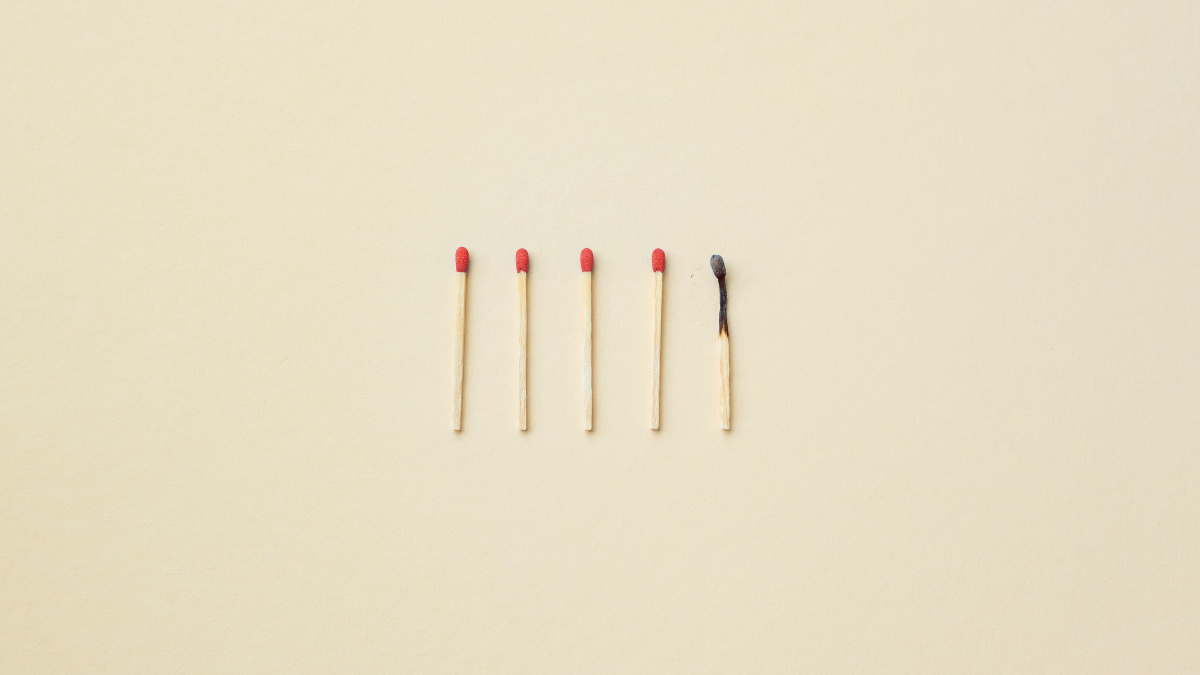Loneliness Isn’t Just a Feeling — It’s a Health Risk

You can be surrounded by people and still feel painfully alone.
Loneliness doesn’t always look like isolation. Sometimes it looks like smiling at work, making small talk at school pickup, or posting to social media — all while carrying the sinking feeling that no one really sees you.
And it’s not just emotionally draining. It’s quietly harming your health.
Recent studies suggest that chronic loneliness can be as dangerous as smoking 15 cigarettes a day. It’s linked to a higher risk of depression, anxiety, cardiovascular disease, dementia, and even early death.
This isn’t a personal weakness or a niche problem. Loneliness is a public health issue. And it’s more widespread than ever.
What loneliness really means
Loneliness isn’t the same as being alone. You can be content in solitude, and you can feel desperately lonely in a crowded room.
The real marker of loneliness is disconnection — from others, from community, and often from ourselves. It’s the experience of feeling unseen, unsupported, or like you don’t truly belong.
And while it might sound like an emotional concern, the effects of loneliness go much deeper. It alters how we think, how we behave, and how our bodies function.
How loneliness harms your health
When we feel lonely, our nervous system shifts into a subtle state of vigilance. We scan for social threats. We second-guess ourselves. We start to expect rejection, even where none exists.
This stress response might have been useful when we lived in tight-knit tribes. But in modern life, it becomes chronic, and damaging.
Persistent loneliness has been linked to:
→ Higher rates of depression and anxiety;
→ Increased inflammation and weakened immune function;
→ Poorer sleep and reduced cognitive performance→ Greater risk of heart disease and early mortality.
In short, loneliness isn’t just a social issue. It’s a biological one.

Why modern life makes it worse
We are more digitally connected than ever before, yet increasingly disconnected in real life.
Remote work has blurred the boundaries between personal and professional life. The decline of community clubs, religious spaces, and neighbourhood gatherings has left many people without a “third place” where they feel they belong.
And while social media can help us stay in touch, it rarely gives us the depth of connection we truly need.
Busyness plays a role too. When we’re exhausted, overbooked, and always “on,” relationships are often the first thing to fall away — not out of malice, but out of sheer depletion.
How to recognise if loneliness is affecting you
Some signs are obvious. Others are more subtle.
→ Do you feel like you have no one to confide in?
→ Do your conversations feel surface-level or transactional?
→ Do you avoid reaching out because you assume no one wants to hear from you?
→ Do you feel more irritable, numb, or emotionally flat than usual?
Loneliness rarely announces itself loudly. Often, it simmers just beneath the surface, shaping how we see the world.
How to feel less lonely (even if you don’t know where to start)
Start small.
This isn’t about collecting more contacts. It’s about building meaningful connection — even in small, imperfect ways.
That could mean:
→ Scheduling a weekly walk with a neighbour;
→ Texting a friend you haven’t spoken to in a while;
→ Joining a local group, club, or class that shares your interests;
→ Letting yourself be a little more open in existing relationships.
And if that feels too hard? Just start by noticing the people you already interact with. The barista. The librarian. The co-worker you pass in the hallway. Connection grows from these small moments of mutual humanity.
Final thought: Connection is medicine
We like to think of ourselves as self-sufficient. But humans are wired for connection. It’s not a luxury. It’s a biological need.
You don’t need a thousand friends. You don’t need to be the life of the party. You just need people you can be real with — people who see you, hear you, and remind you that you matter.
And that kind of connection doesn’t happen all at once. It happens through slow, steady, imperfect effort.
Even one small act of reaching out can start to close the gap between lonely and connected.
—MRB
My goal is to help people thrive in a complex world. While I write as a psychologist, this content is general in nature, does not constitute a therapeutic relationship, and is not a substitute for personalised mental healthcare advice. Further, some posts may include affiliate links to resources I recommend. Read my full site policy here.





Member discussion